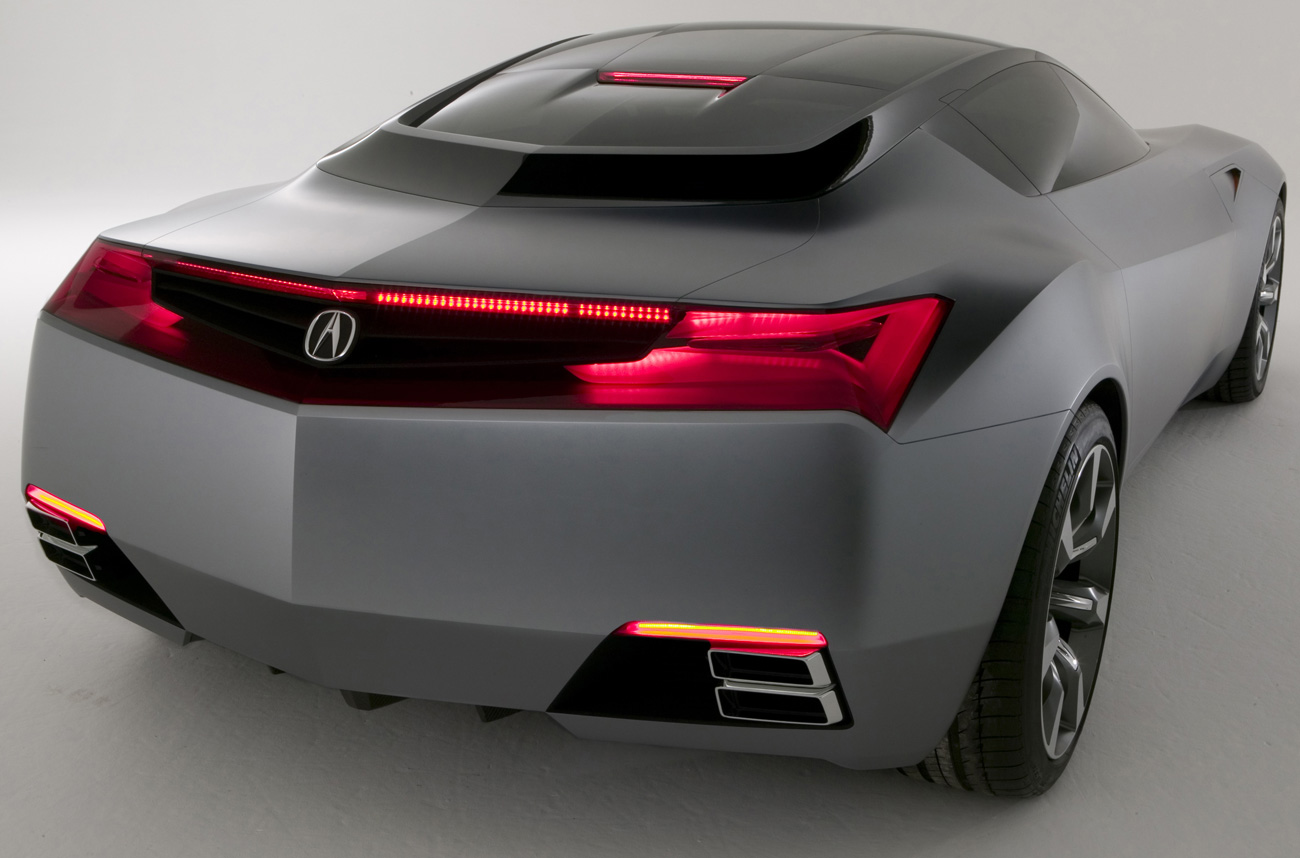Judging by several public opinion polls and surveys periodically conducted among motorists and consumers by reliable national polling organizations, automobile gas costs and prices have been at the very top of the consumer concerns in Canada and the United States in recent years. Clearly, high and escalating cost of fuel are a great source of worry and concern by the consumers in these countries, and most consumers would love nothing better than to have them in the lower range today, as in the yester years.
In deed, just about everybody and every institution in the society, including the government of the day, frequently tell us that having lower prices and costs for fuel would be just about the most desirable and beneficial thing for the society and for almost everybody - economically, politically, and militarily. Just recently, only in December 2007, the U.S. Congress enacted, and President Bush signed into law, the "Energy Independence and Security Act of 2007," designed to tackle precisely that very same concern - reducing the average driver's demand and usage of fuel by requiring that the driver meet a fuel economy standard of 35 MPG (miles per gallon) by the year 2020. That will mean an increase of 40 percent in fuel economy over current situation, literally meaning a savings of some 40 percent in the fuel costs of the average driver compared to today.
Fine. But does everybody, do most motorists, know the reason why, exactly, it is really good and beneficial that the average motorist or consumer should have good fuel economy in his or her driving, any way - aside from just the obvious economic reason or benefit that it would save you fuel and put more money in your pocket?
Following below, are some of the most significant reasons and benefits, aside from simply the personal economic or financial benefit accruing to the individual motorist, why it will still pay you, any way, to have a life of good fuel economy any way, regardless.
A. SURE, IT IS (IN PART) ABOUT MONEY
First, to be sure, a prime reason why American and Canadian motorists seek fuel economy for their vehicle rides, has to do significantly or largely with money — to save money in their fuel costs. At a time when gas prices are near record highs in America and Canada, it is, rather quite understandable that many people would be searching for ways to "beat the pump" to make gas money go a little bit longer.
Recent news reports saturate the newspapers and the news media and airways daily, with stories about the economic woes and horrors of motorists "at the pump" who face escalating gas prices. American drivers, from Los Angeles, California, to New York, and from Michigan to Florida, and in between, who were formerly used to spending about $30 a week to fill up a 15-gallon tank a year or two ago, are today now said to be spending some $50 or more, thus cutting painfully deeper and deeper into their already overstretched home budgets. While in Canada, from Ottawa and Newfoundland to British Columbia, and from Nunavuit to Mannitoba Winnipeg, the pump prices for the motorists have reached as high as Canadian $1.25 per litre (the equivalent of about $5 a gallon for the U.S.) only recently.
Clearly, then, the simple logic and commonsense is quite understandable that one major reason why the contemporary American and Canadian motorists would want — and do want — to find ways to have a higher or better fuel economy, is for economic reasons: namely, to make some real savings in the hopefully lesser amount of fuel they use in the operation of their vehicles, as well as in the escalating and increasingly crushing prices and costs of fuel. A money savings of up to $1,500 per year in fuel costs could be a major reward you get, for example, by choosing to purchase the latest most efficient vehicle of the year in a particular class, according to the latest U.S. EPA/DOE estimate! Not a small (money) saving by any means or calculations whatsoever!
However, there are more reasons and benefits. It is more than just that.
B. IT'S MORE THAN JUST SAVING MONEY, THOUGH
1. Strengthens the National Energy Security
But seeking to attain, or actually attaining, fuel economy and fuel savings, are NOT all about or only about money, however. Or, about personal money savings that go back into one's own personal pocket. Rather, attaining that goal achieves an even higher "reward" and purpose — a national, patriotic, and more "strategic" purpose for America and/or Canada. In deed, for the Mother Earth!
How? Simply by making it more feasible for us to start the process of climbing out of one big, dangerous, and increasingly entrenched, critical national security problem that North America has today — it's called the problem of "American dependence on foreign oil." For example, by recent estimates of the Washington Post, the U.S. citizens use 24 % more gas today than they did some 17 years ago in 1990 — thanks to the 84 million gas-guzzling SUV's they are now driving these days. A whole 24% more! In fact, this "strategic" or public benefit or purpose, rather than merely private or personal benefit or purpose, is the major reason advanced by U.S. Congress and President Bush only recently, in December 2007, when the Congress enacted, and President Bush signed into law, the "Energy Independence and Security Act of 2007" — a law designed to increase the supply of alternative fuel sources (of at least 36 billion gallons of biofuel by 2022), and to reduce the average driver's demand and usage of fuel by requiring that the driver meet a fuel economy standard of 35 MPG (miles per gallon) by 2020.
2. America's Increasing Dependence on Foreign Oil
But, get this. That is only counting since 1990! What about going a little further back before then? A May 2007 report by the NBC's Today Show featuring John Hofmeister, the Chairman of the Shell Oil Company, stated that in 1973 when the Middle East oil producers embargoed oil shipments to the United States in response to the Yom Kippur War, "At that time the country imported about 35 percent of its oil. Since then and through six different Presidents, America's dependence on foreign oil has increased to more than 60 percent." More than 60 percent — since 1973! But, get this connection: this 60-percent-plus figure in the amount of total oil usage by Americans today, is also largely imported, particularly from the Middle East. And consequently, what this means is that America remains increasingly "oil dependent" on foreign countries.
According to the U.S. Department of Energy, at least more than 50 percent of the oil used to produce the gasoline you put in your tank today is imported. The bottom line: America and American consumers continue to be increasingly vulnerable to (i.e., slavishly dependent on) foreign countries and sources for their economic and strategic life and the security of the nation, in terms of what price they'll pay for gasoline at any given point in time, or when they'll get a supply of gasoline or not, or even whether they'll get it or not, or under what terms and conditions, and so on.
Here's the point here, therefore. To put it in simple terms, the fact is that, a an individual motorist, any the gas-saving methods and measures you can find and employ which can actually reduce the amount of gas wastage you have and can economize and save on your gasoline usage, will translate directly into strengthening our national energy security as Americans and Canadians by reducing our dependence on foreign oil. Petroleum imports cost Americans about $4.4 billion per week (the U.S. Department of Energy figures). That's money, or a part thereof, that could be used to fuel our own American economy — in whole or in part.
3. Protects the Environment and Our Earth
Finally, saving gas, or having a better fuel economy, has yet another major dividend for the larger society and the humankind that is far more than just your personal pocketbook — it's good for the environment. Burning fossil fuel (meaning mostly gasoline and diesel that are the kinds of fuel used in automobiles), creates a whole host of environmental problems, such as adding 'greenhouse' gases, mostly carbon dioxide or CO2, to the Earth's atmosphere, creating air pollution and smog, contributing to global warming and climate change.
Consequently, having a good fuel economy in the operation of your vehicle, and using fuel more efficiently in that process, serves as well to protect the air, the land, water, and the wildlife around us, and to improve the quality of lives over all.
Vehicles with lower fuel economy burn more fuel, creating more CO2. By expert estimate, for every gallon of gasoline your vehicle consumes (burns), about 20 pounds of CO2 (170cu. Ft) is spewed into the atmosphere. Consequently, when you reduce gas wastage and save on your gasoline usage (by employing the methods outlined in Anosike fuel-savings manual for that), you also automatically reduce the amount of Carbon Dioxide your vehicle burns or puts into the atmosphere — meaning that you directly reduce your own personal contribution to the above-described environmental problems and to global climate change. For example, it has been estimated by experts that just by engaging in one single act, namely, opting to buy a vehicle that achieves 25 miles per gallon, rather than 20, you can prevent the release of about 17 tons (260,000 cu. Ft.) of greenhouse gases into this Mother Earth over the lifetime of your vehicle. Consider that!
SUMMARY
Summed up very simply, the task of attaining better fuel economy or of using less gas for your vehicle, is not just good for your pocketbook. It is, even just as importantly, if not more so, also good for our nations, as well as for our environment, and our Planet Earth. What could be a better or more noble purpose and objective overall, for a society, or for a member of that society!
That's even all the more cogent reasons why it pays very highly for you, as an individual and an American or Canadian, or as just plain human being in the world, that you should begin very seriously to engage in a credible program and behavior of effective green living, fuel-savings and fuel economy - the types that are fully outlined in the chapters of the manual mentioned below in author's box.
by: Benji O. Anosike
Benji O. Anosike, Ph.D., is an environmentalist and leader in the U.S."drive green" movement, and a best-selling author of over 24 books about self-help and cost-saving consumer techniques. His latest book, "Boost Your Auto Fuel Economy and Cut Your Gas Costs by At Least 50%, Guaranteed," exposes bogus fuel-saving remedies, and explores advanced automotive science that has been tested and proven to increase fuel economy and help motorists save money. For more on the author or his works, or to learn more about his latest book, please visit: http://www.GetAutoFuelSavings.Org
 Intrested to Order Pls email to matcargo@gmail.com
Eco Power Feul Saver 1 Set RM 168.00 / USD 47.90
Intrested to Order Pls email to matcargo@gmail.com
Eco Power Feul Saver 1 Set RM 168.00 / USD 47.90














